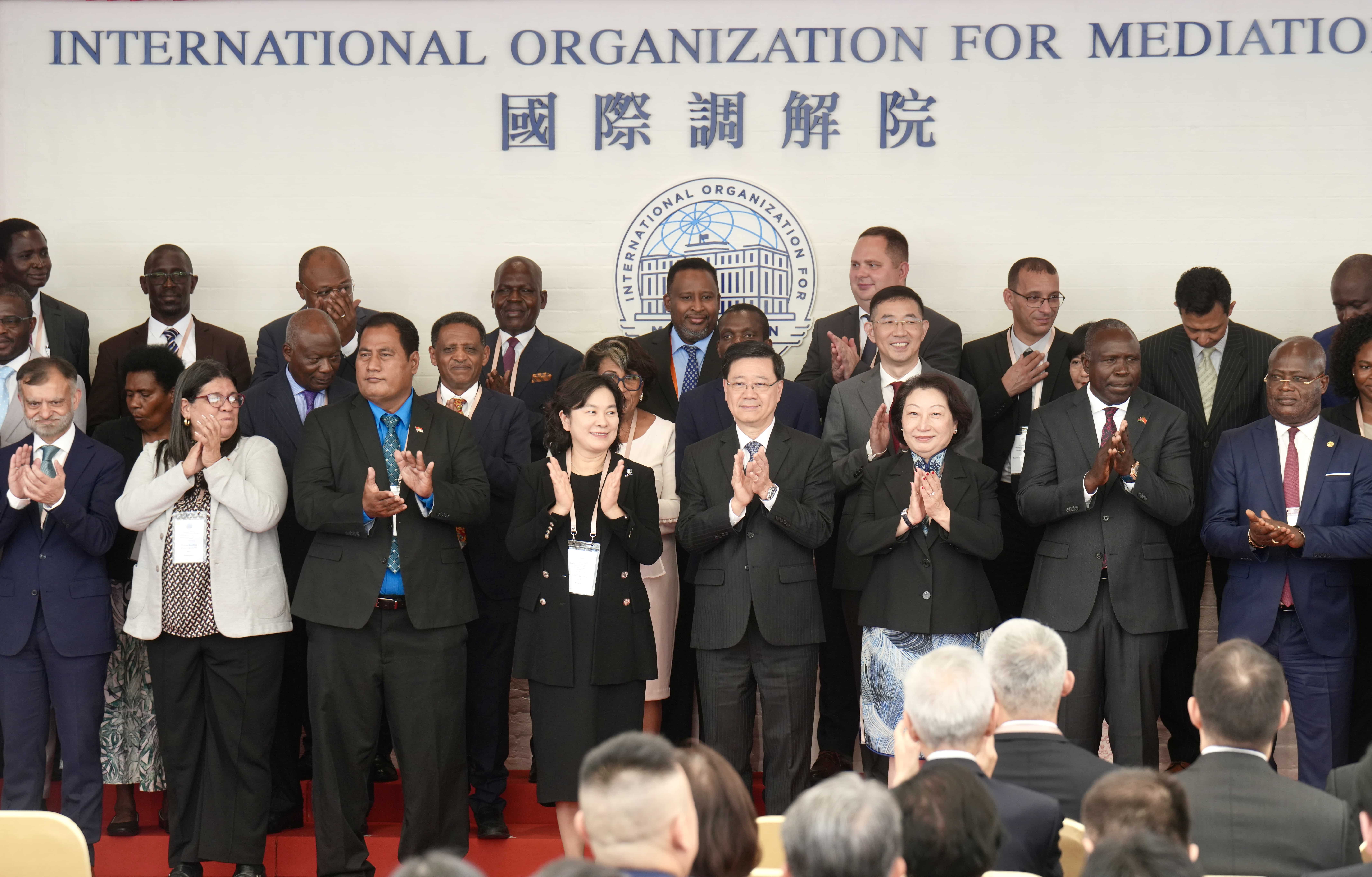
In a world of often costly legal battles, a new chapter for global peacemaking opened on Monday as the International Organization for Mediation (IOMed) — the world's first intergovernmental body dedicated solely to mediation — was inaugurated in the Hong Kong Special Administrative Region, offering a powerful, collaborative alternative championed by China and a broad coalition of nations.
Officials attending the launch ceremony called it a milestone in the landscape of international conflict resolution.
ALSO READ: HKSAR sees bold rise in dispute resolution landscape
The ceremony was held at its permanent headquarters in the meticulously restored Old Wan Chai Police Station.
This location in the heart of the city is central to Hong Kong’s ambition to become a global "mediation capital", a vision further supported by plans to construct the Hong Kong International Legal Service Building nearby.
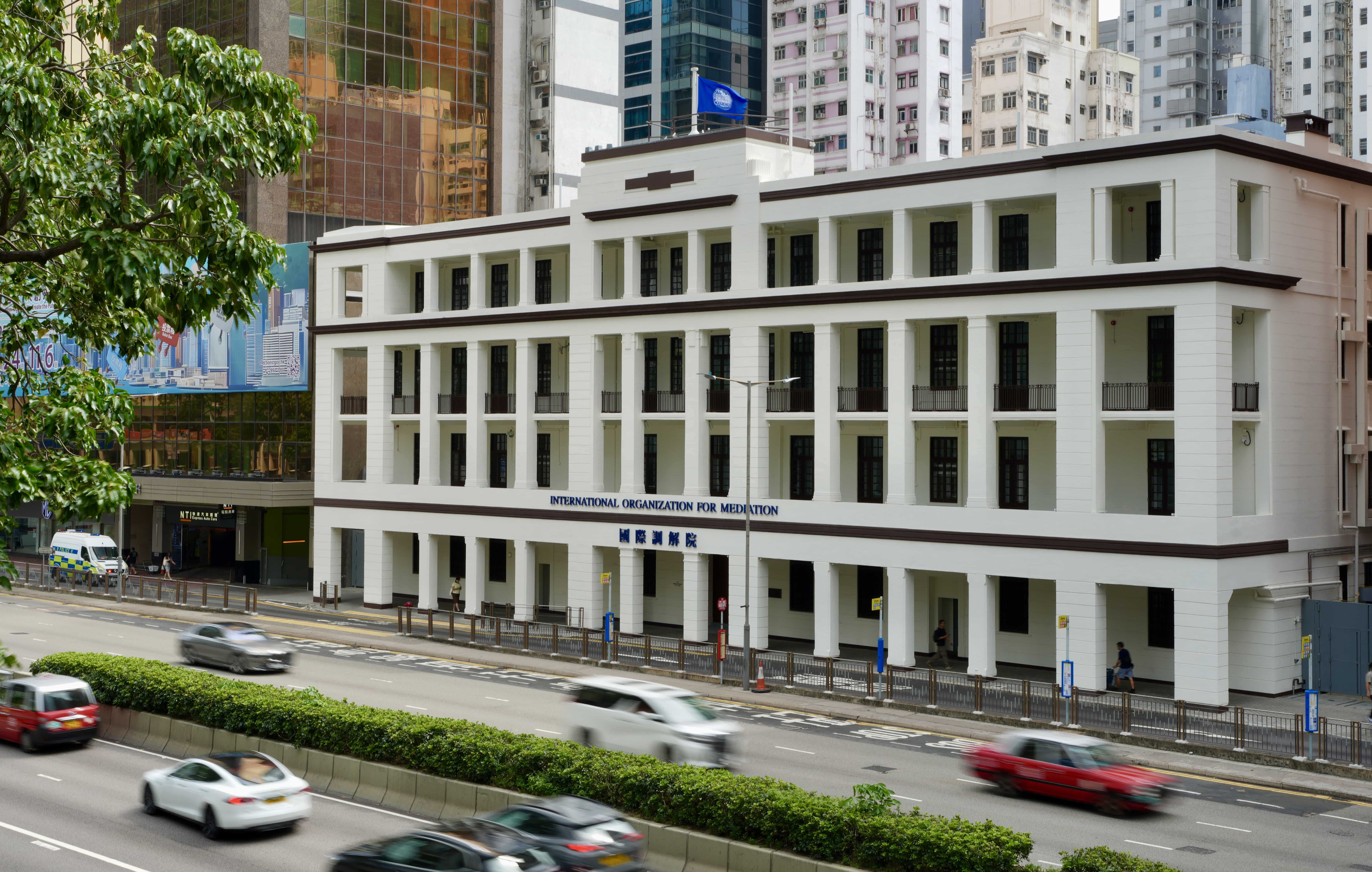
Speaking at the event, Hong Kong Chief Executive John Lee Ka-chiu pledged full support for the IOMed, positioning the city as a vital hub for the global mediation landscape. He highlighted Hong Kong's unique advantages under the "one country, two systems" principle, including its common law system, world-ranked law schools, and tradition of the rule of law. He outlined concrete plans to bolster this role, such as hosting a global mediation summit in 2026 and developing the nearby Hong Kong International Legal Service Building to provide additional facilities for the organization.
Lee framed the inauguration as a testament to a shared global commitment to dialogue and cooperation over conflict.
READ MORE: Cheung: IOMed to consolidate HK's global status, reputation
He characterized Hong Kong as a superconnector and super value-adder whose restoration of the historic Old Wan Chai Police Station into the IOMed headquarters embodied the spirit of mediation — harmoniously uniting diverse elements. Expressing confidence in the organization's future, Lee said that Hong Kong is honored to serve as its home and will continue to build bridges for the peaceful resolution of disputes.
The establishment of the IOMed is widely seen as a direct response to a growing demand for a more accessible and equitable system, particularly for developing economies and small businesses.
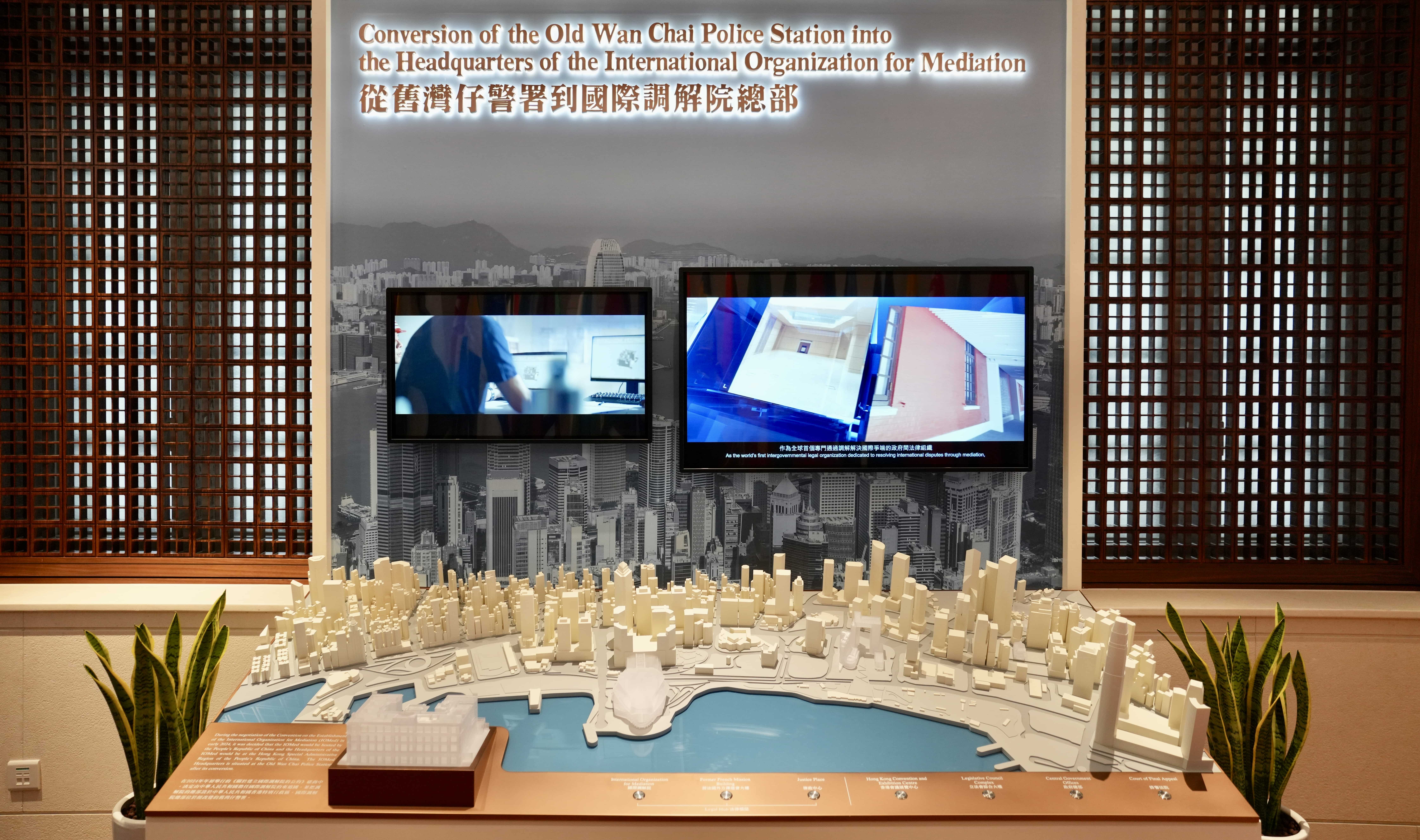
In her opening remarks, Hua Chunying, vice-minister of foreign affairs of China and chairperson of the IOMed Governing Council, emphasized that the organization “echoes the core of our times and responds to the aspirations of the international community for peaceful settlement of international disputes”.
She noted that the IOMed will “offer a new platform in the field of international rule of law” and “effectively supplement the existing international dispute settlement mechanisms,” promoting a people-centered approach through affordable and high-quality mediation services.
READ MORE: Chan: IOMed to boost Hong Kong’s all-round competitiveness
“The IOMed values real actions. It will fully leverage the unique strength of mediation, such as flexibility, cost-effectiveness, accessibility, and efficiency, and support the peaceful settlement of international disputes in a more sustainable way,” she said.
Nabeel Munir, Pakistan's special secretary for United Nations, said that “peaceful resolution of all conflicts through the use of mediation remains critical,” adding that the IOMed offers “an essential framework to facilitate efficient, impartial, and peaceful settlement of disputes”.
He stressed that multilateralism is “not an option, but an imperative”.
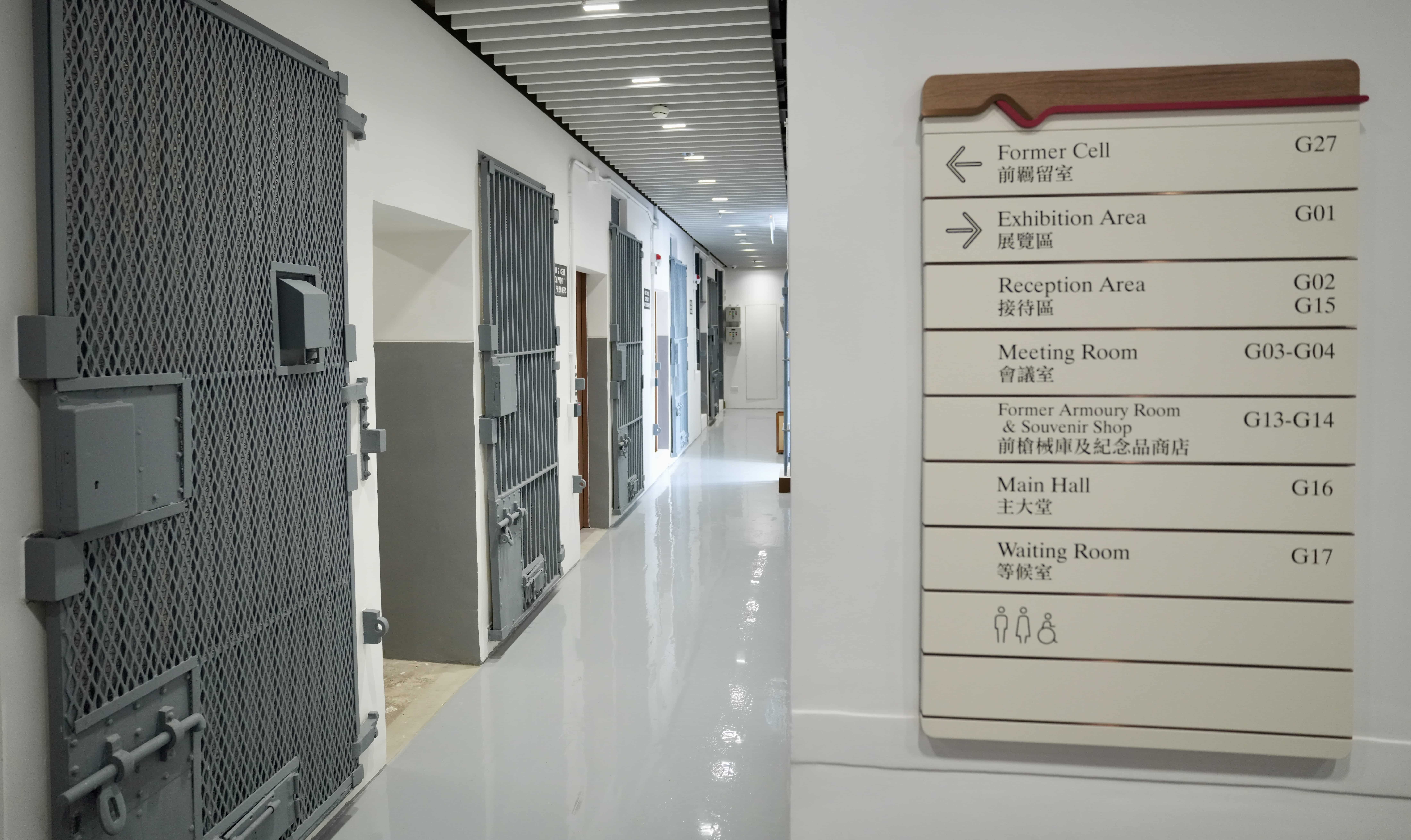
Kenya’s ambassador to China, Willy Bett, also vice-chairperson of the IOMed Governing Council, pointed out that for too long, dispute resolution has been “perceived as costly, hopeless, and inaccessible”.
The IOMed, he said, is a long-awaited platform for the global South, which will provide a “dedicated and cost-effective forum for governments, businesses, and investors to find common ground” — especially vital for Africa, a continent with “entrepreneurial energy and immense investment potential”.
“IOMed is the tool to derisk,” he said.
Martin Charles, ambassador of Dominica to China, celebrated the IOMed as a “dream come true” and a “new era for dispute resolution”, one that allows smaller states to “gain increasing visibility and have a more notable participation in global governance”. The country has committed to integrating the IOMed into its treaty practice and foreign policy framework.
Tatiana Pugh Moreno, Venezuelan deputy minister of Foreign Affairs for Asia, the Middle East, and Oceania, framed the organization as a necessary response to “imperialism and the many faces of colonialism”, calling it a “firm defender” of the UN Charter principles such as sovereignty and self-determination.
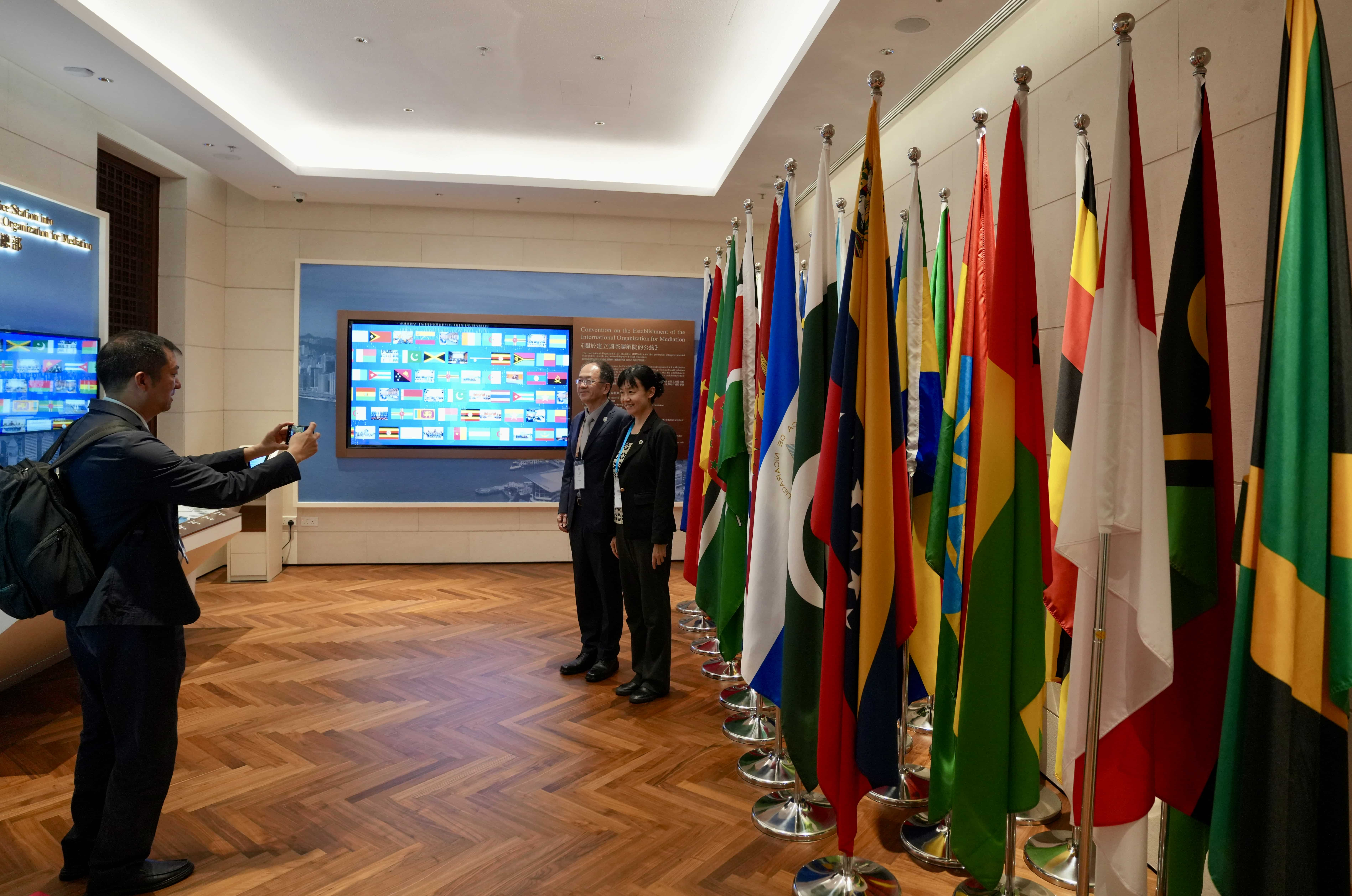
The newly elected secretary-general of the IOMed, Teresa Cheng Yeuk-wah, underscored that the body has been “built from consensus, based on exclusivity, equality, mutual respect and understanding”, and will serve as “a global public good” in the peaceful settlement of disputes.
The inauguration event marked the completion of three years of development since the initiative was first proposed.
The signing ceremony for the Convention on the Establishment of the IOMed in May attracted representatives from 85 countries and 20 international organizations, with 33 nations signing up as founding members. The roster has continued to grow, with the Central African Republic, Togo, and Myanmar joining in August.
The IOMed is poised to institutionalize a diplomatic approach that prioritizes cooperation and sovereignty, principles that were credited with facilitating major geopolitical breakthroughs in recent years, such as the historic Saudi-Iranian reconciliation mediated by China.
The government of the HKSAR pledged its full support for the IOMed.
In his Policy Address in September, Lee outlined plans to leverage the city’s bilingual common law system and world-class legal talent to foster a new generation of mediation professionals through international conferences and training programs. The organization is also expected to generate substantial economic benefits by creating high-caliber jobs and attracting related international institutions to the city.
Contact the writer at lilei@chinadailyhk.com


